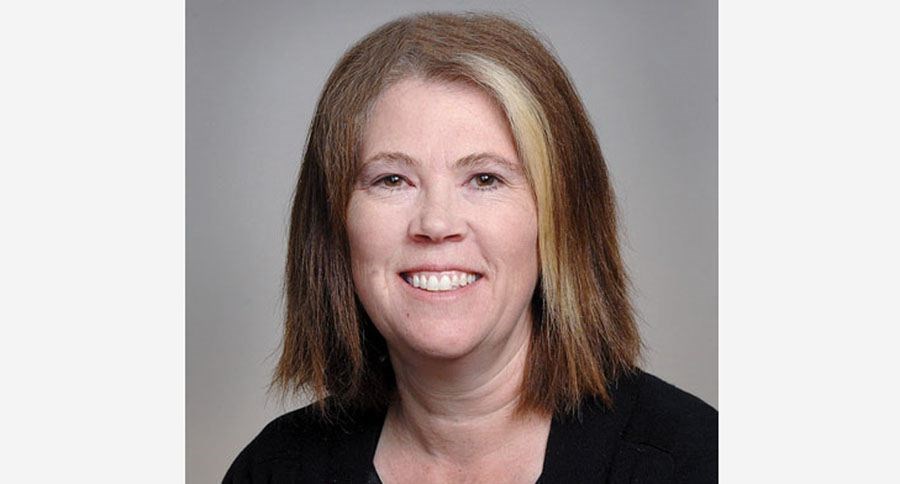Well the vote is in and Scotland will remain part of the United Kingdom at least for now. One of the interesting aspects of the referendum vote that may have a longer legacy, and that catches the eye of a political scientist, is the invitation for youth to vote alongside the adult population. Scotland extended voting rights in this referendum to 16 and 17 year olds.
The CBC ran an opinion piece on September 17th by Andrew MacDougall who is "a former director of communications to Prime Minister Stephen Harper [and...] now the senior executive consultant at MSLGROUP London. " MacDougall appeared incredulous that Scotland would turn over their fate to "slacktivists." MacDougall tells us that this is a term that: "sociology types have come [up with to describe the...] phenomenon... when words aren't followed by deeds." These "slacktivists," he says, are too young, ill prepared, and "can't pick up after themselves." For these reasons MacDougall argued that extending the vote to youth was ill considered and had been used as a political ploy by the "yes" side to attract youth "high on the dream of independence."
As a "sociology type" myself (which I think is an expression used by people who don't like researchers very much) I say that MacDougall has not done his homework. I will concede that the evidence is not conclusive. There is a real academic debate about opening up the franchise to young people but there is some evidence to show that 16 and 17 might be a better age for voters to begin voting than the average 18 to 21 year old starting age.
In a research note published just this year, Eva Zeglovitis and Jilian Archholzer looked at case examples in Austria where the voting age has been lowered to 16 to determine whether voter turnout was impacted by age. Their research shows that youth, age 16 and 17, have a higher voting turnout rate than the 18-20 cohort. The authors show that there are good reasons to believe the 16 and 17 years olds might be in a better position to vote than are the older youth. Other research shows that this younger cohort is generally still living at home with their parents and so they are more likely to be in a stable environment where they can engage in a conversation about the election and the issues. If these youth know that they have the franchise then they might be more likely to pay attention to the issues. Alternatively, the 18 to 20 year olds who have likely just left home for the first time have other issues on their mind: getting a job, finding a place to live, starting their post-secondary education etc. In this circumstance these young people might not be in an ideal time in their life to start to think about politics and voting.
Zeglovitis and Archholzer also tell us that Austria created more civics classes in school in order to give students the opportunity to learn about and discuss politics. Of course this would be critical if we expanded the vote to youth but really it should be mandatory in any school system that expects students to become active citizens whether at the age of 16 or at 21. Everyone should know how the electoral process works and everyone should know the core issues in their communities and in the world.
I was particularly attracted to this story of the youth vote because I think that voting should be a "habit of citizenship." Good habits are learned and yet we expect our youth to walk out into the world without having been trained in the habit of voting.
To be fair to MacDougall he does say that, '[t]his isn't to say that young people between the ages of 16 and 18 aren't smart enough to weigh the pros and cons of independence. They are, and some have elaborated their views eloquently. But these engaged nerds are in the minority." So although I will give him credit for conceding that some youth are engaged I will take him to task for assuming that there would not be a majority of youth engaged in politics if their voices were given some weight. I think we should watch Austria closely...maybe a few of the "engaged nerds" will do some sociology to see if we should follow Austria's example.



